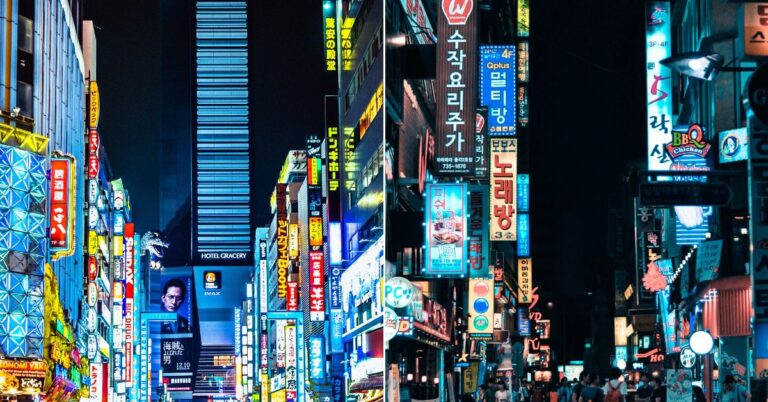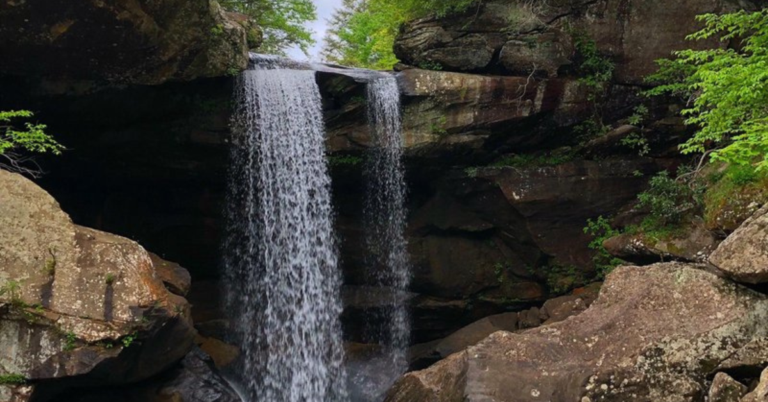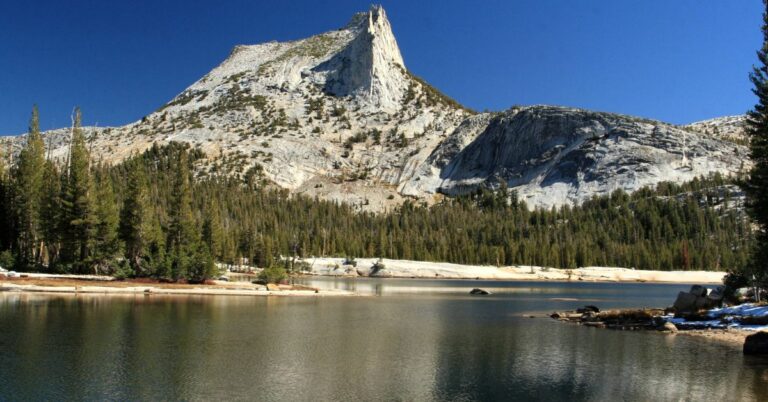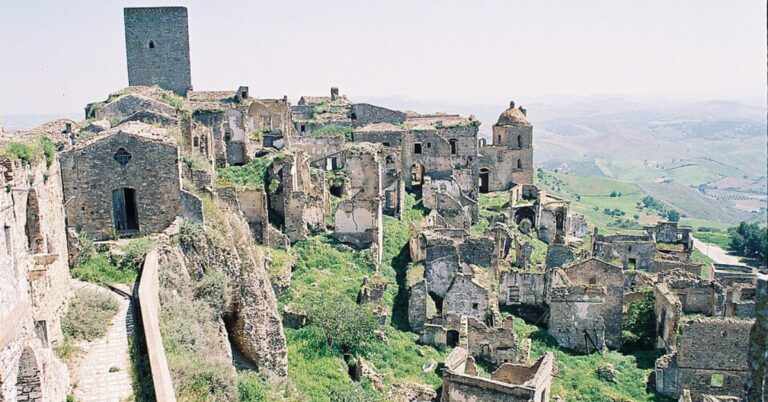Visiting North Korea? Here Are 25 Unspoken Rules You Must Know

A trip to North Korea isn’t just another stamp in your passport. You are entering an entirely different world where strict rules shape every hour. From the moment you arrive, expectations begin to unfold. Some are spoken, others aren’t. If you’re going to North Korea, here’s a glimpse into the essential things to know. They can shape your experience in ways you won’t see on the itinerary.
Understanding The Visa Process
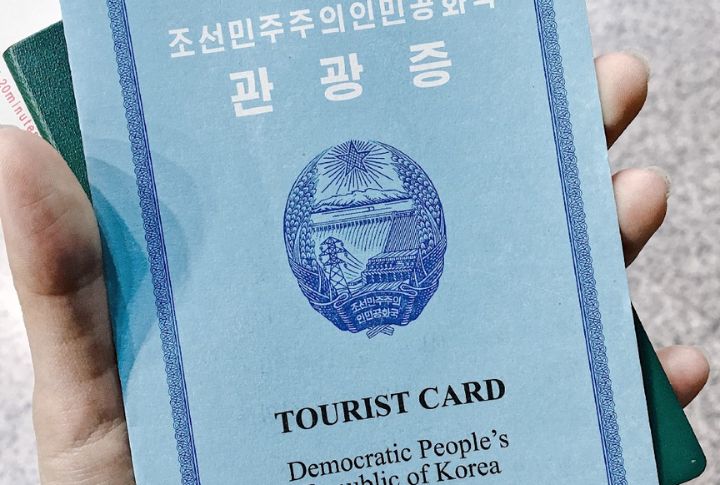
Securing entry isn’t as simple as applying online. North Korea issues visas through approved agencies like China and never in your passport but on a separate slip. Lose that slip, and you may not exit. Treat it like your return ticket, not just paperwork.
Mandatory Chaperoned Tours
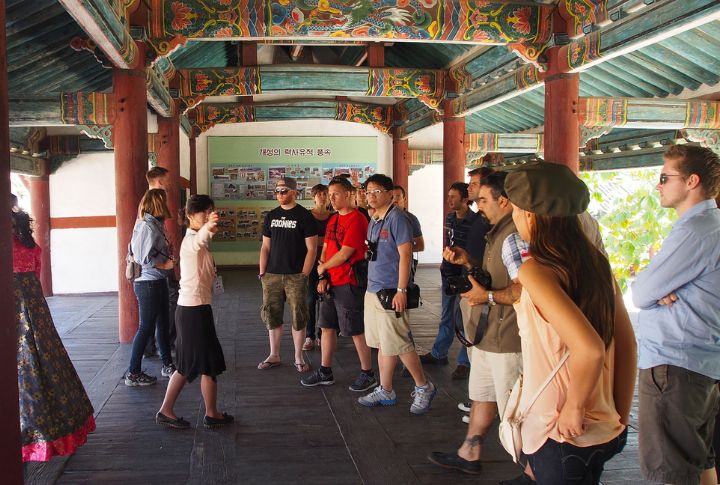
Tourists won’t roam solo; state-appointed chaperones accompany you everywhere, shaping your entire experience. They answer questions and steer conversations. Movement is mostly shadowed by a chaperone in a sort of surveillance. If you wander, they’ll correct you. Following this path isn’t just polite. It’s mandatory.
Restricted Photography Rules
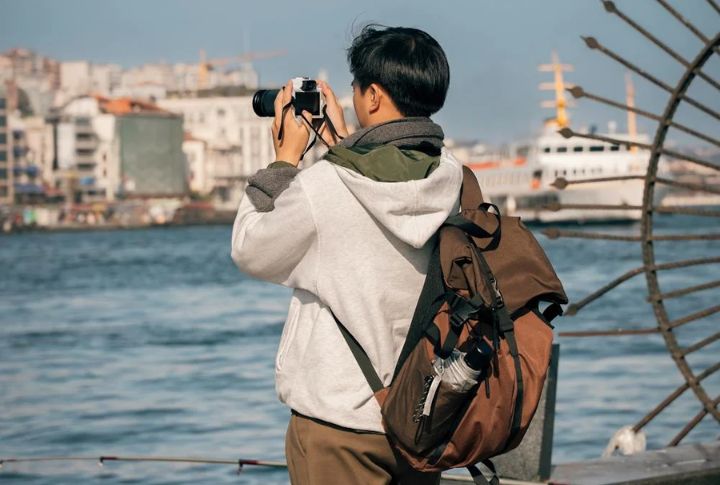
Photographs can say more than intended because, here, every frame carries weight. So, the system is set and heavily monitored, where certain things aren’t for tourists to capture. Soldiers and anything “unflattering” must not be photographed, even things as simple as construction. Before snapping, ask. And after snapping, expect reviews.
No GPS Or Maps
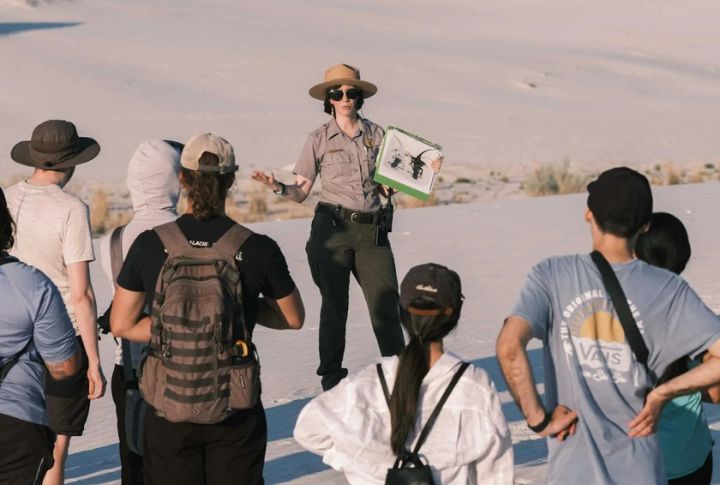
Navigation apps won’t load, and GPS fails. Moreover, paper maps lack detail by design. Streets rarely include English, and you can’t even ask locals anything because it is discouraged. So, the orientation depends entirely on your chaperone. Think of it as a curated reality. Where you are and where you’ll go are determined for you.
Currency Usage And Exchange
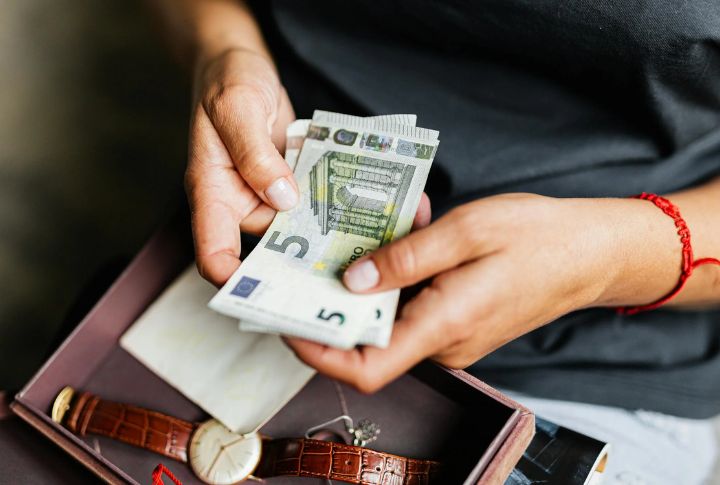
You won’t be able to touch local currency. Instead, you will use euros or yuan. There are no ATMs or cards and no exceptions. Small denominations work best, and you’ll need cash for everything. So, keep bills crisp and accessible. Your budget is finite once inside, and your financial tools remain outside.
Items Banned At Border Crossings
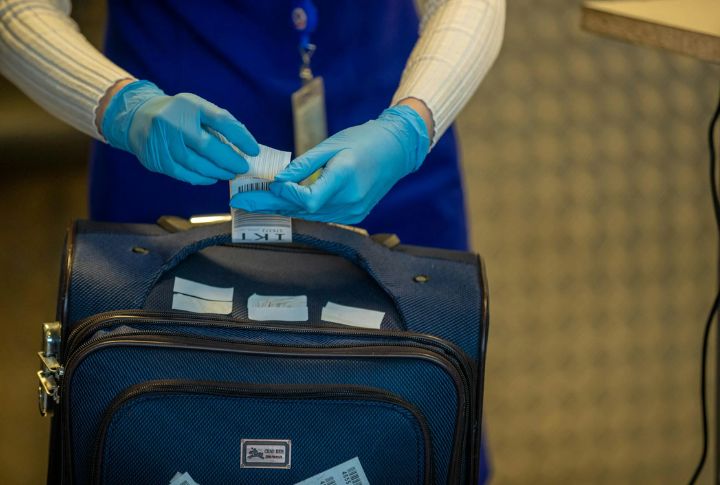
Officials thoroughly check belongings at entry, confiscating political books or anything with maps. Electronic devices are scrutinized, and data may be searched. So, bring neutral, necessary items only. That paperback thriller might be harmless and simply entertaining to you but not to North Korea.
Dress Code Expectations
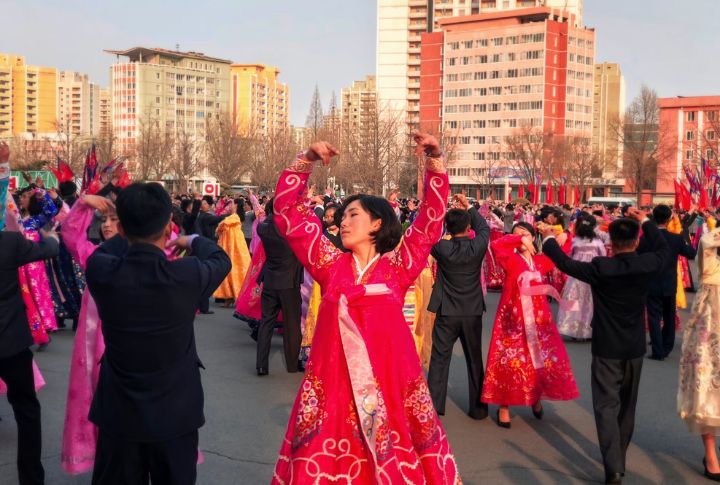
Clothing must respect formality, especially near national monuments. Forget ripped jeans or printed tees. Men: collared shirts, trousers. Women: dresses or skirts with covered shoulders. Clean shoes are also appreciated. You just have to look sincere because how you dress reflects how you’re perceived.
Proper Conduct At Statues And Shrines
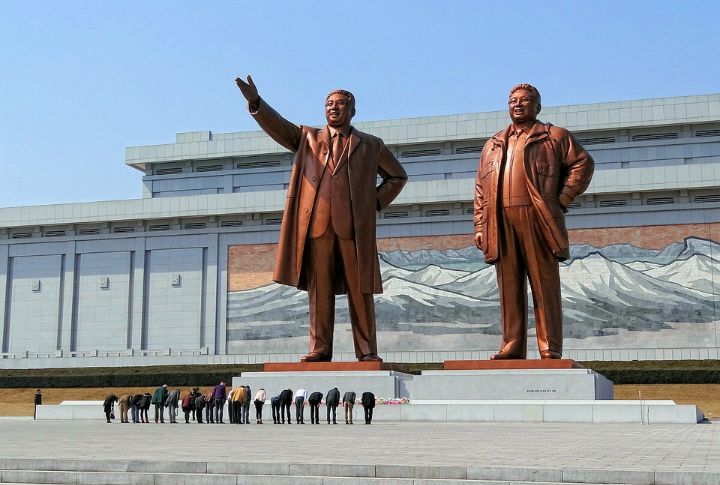
Statues demand more than admiration. They require ritual. Bowing isn’t optional. Talking, chewing gum, or laughing nearby invites trouble. When photographing, capture the entire figure. Partial framing is viewed as disrespectful. In sacred spaces, your posture becomes as meaningful as your silence.
Gift-Giving Customs For Hosts
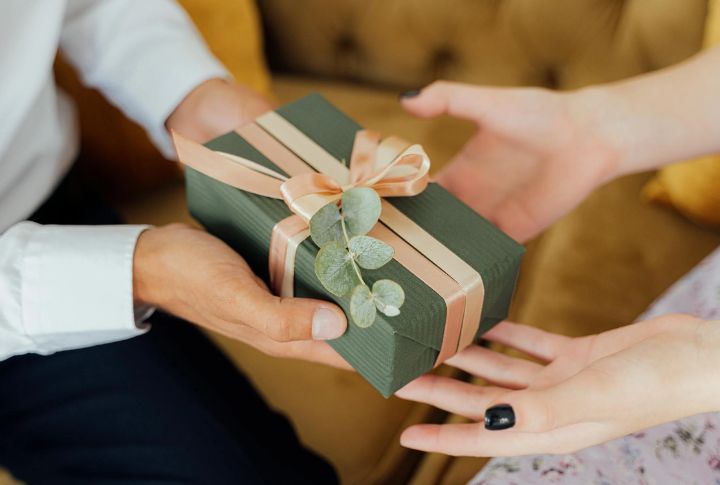
Small gifts are welcome here. Think modest chocolates or ballpoint pens, something inexpensive. However, clocks and white wrapping are taboo. Also, offering requires you to use both hands, as it shows respect. Don’t explain the gift. Just give it graciously. These moments build quiet goodwill more effectively than conversation ever could.
Language Barriers In Rural Regions
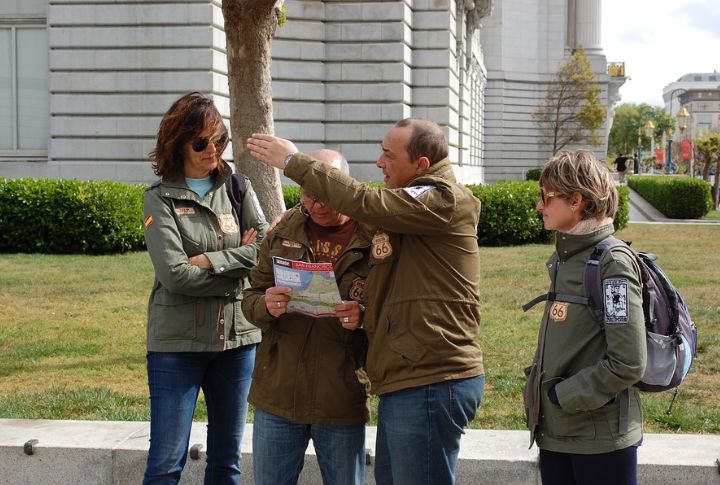
Away from Pyongyang, English totally disappears. Locals are discouraged from chatting, and public signs are entirely in Korean. Even the translation apps won’t work without access, so a few memorized phrases go far. When language fails, your chaperone steps in. So, just expect silence where you’d find small talk elsewhere.
Vaccinations And Health Paperwork
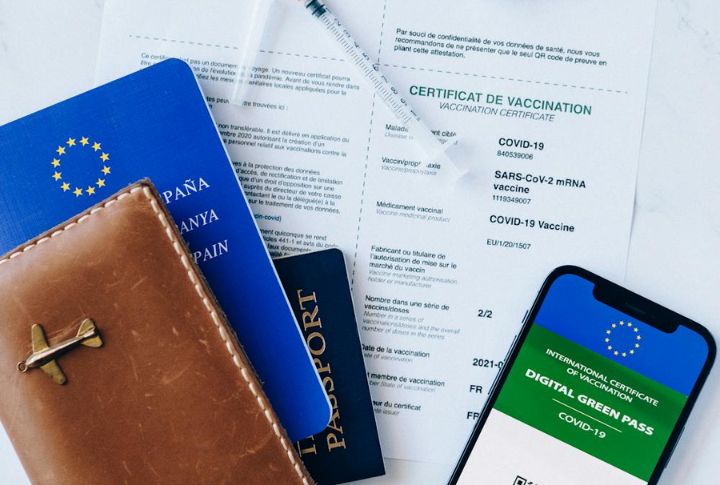
Prepare for self-reliance. It is essential to carry vaccination records, especially for hepatitis A, typhoid, and tetanus. Bringing prescriptions in original packaging with a physician’s note helps because clinics are under-equipped. Emergencies move slowly. The fewer health surprises you encounter, the better off your entire trip becomes.
No Hand Gestures Or Slang
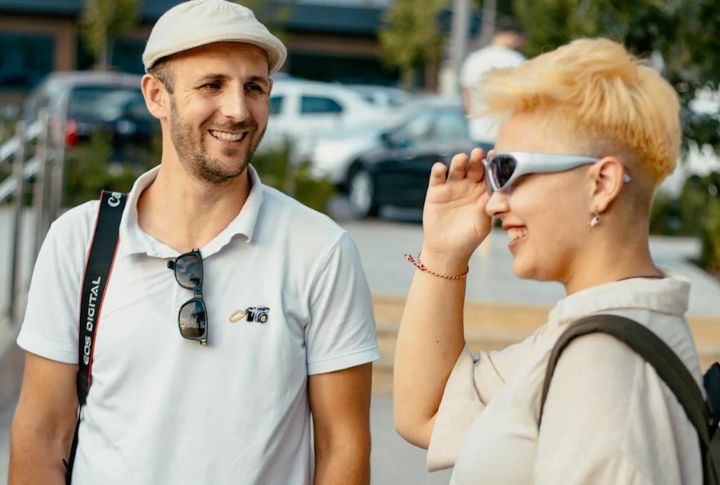
A simple wave or thumbs-up can mean something entirely different. So, stick to neutral expressions and avoid sarcasm and figurative language. Humor doesn’t translate easily in North Korea. Even well-meant gestures may backfire. On the other hand, clear speech and a calm demeanor keep conversations respectful and safe.
Hotel Surveillance Awareness
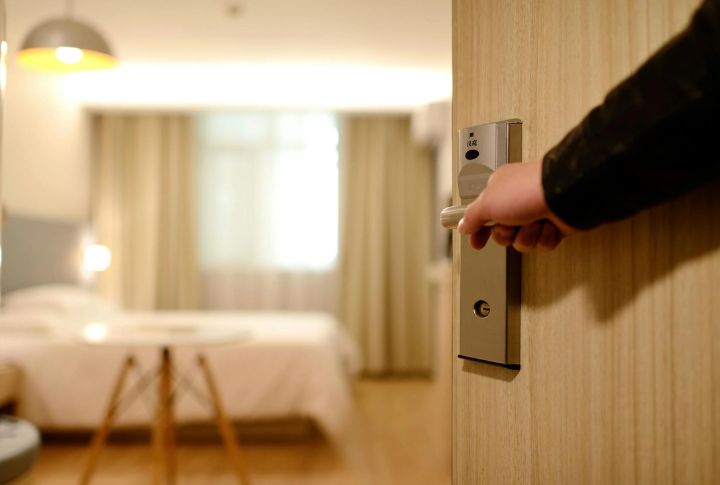
Privacy isn’t guaranteed, so assume audio or video monitoring in your rooms. Any furniture may hide a camera. The best thing to do? Avoid political discussions or encrypted devices. Some room keys may even track movement. So, just follow protocol and keep to simple, innocuous habits. It is smarter than pushing invisible limits.
Train Journeys Into Pyongyang
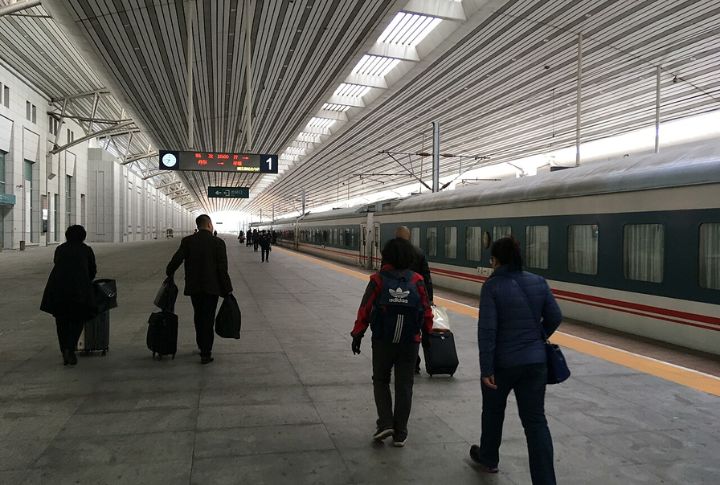
The rail route from Dandong offers a rare peek at the countryside. You’ll sit for nearly 24 hours. Officers board for checks, scanning devices, and personal items. The food is limited, and it is advisable to bring snacks. Thankfully, scenic views on this train ride can improve your experience as long as you’re on board.
Dining Etiquette Inside Tourist Hotels
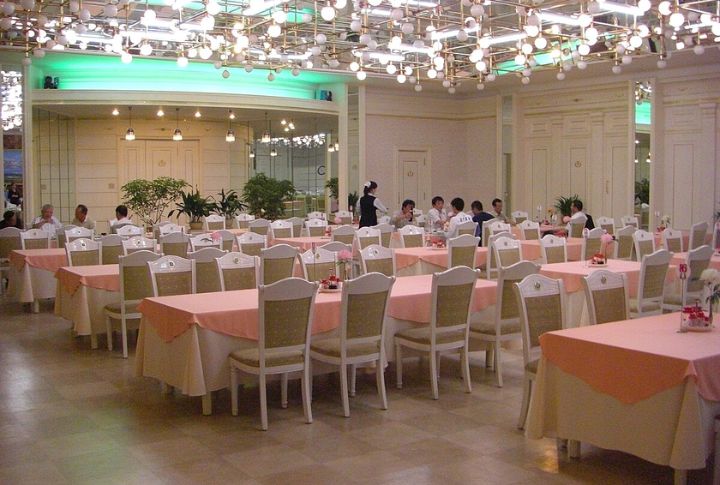
Meals are punctual and assigned. Don’t ask for substitutions or second servings. Eating is a formal thing here, which is often observed. Room service is also rare, and any form of food wastage is noted. Plus, you need to wait for others before starting. Following such meal rituals is a quiet signal of cooperation.
State-Owned Store Shopping Rules
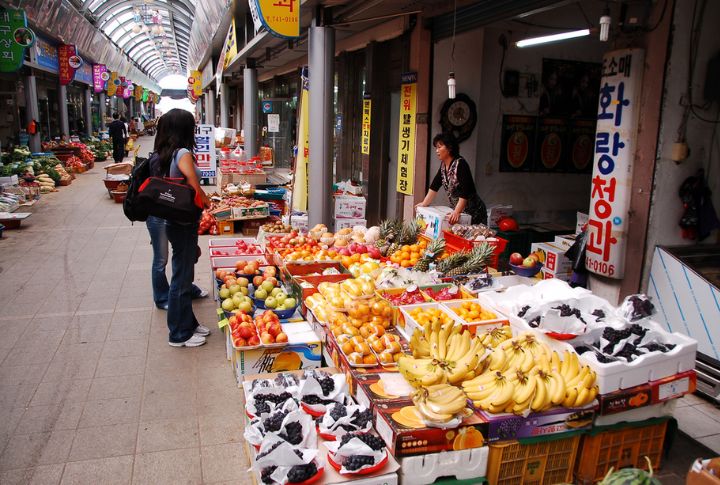
Shops are controlled spaces where prices are fixed. You need to inform staff of what is needed instead of browsing. Receipts matter a lot, and photos often require permission. You’ll mostly see propaganda items dominating souvenir options in North Korean markets. Some items cannot even leave the country. Overall, shopping in this country feels procedural, not personal.
Plug Types And Power Voltage Differences
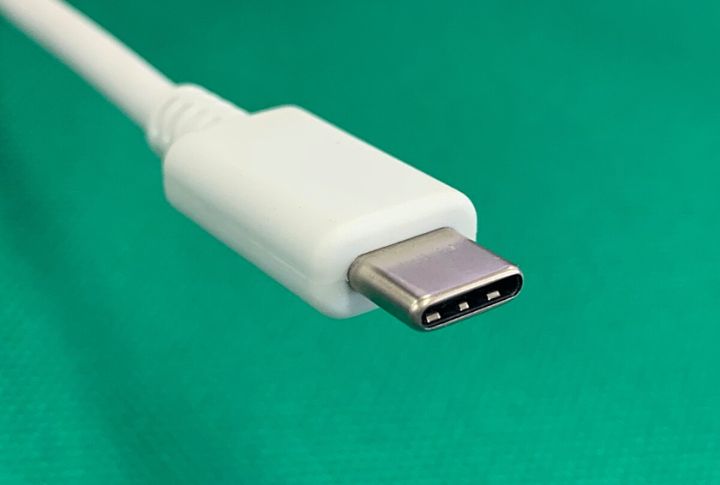
Think power is stable in such a closed and disconnected country? Not quite. Power outages happen more often than you’d think. So, bring 220V-compatible devices and a Type C or F plug. Don’t rely on hotels for extras. A flashlight and surge protector can also save you some trouble. Want to charge overnight? Only possible with a converter.
Packing For Harsh Winter Winds
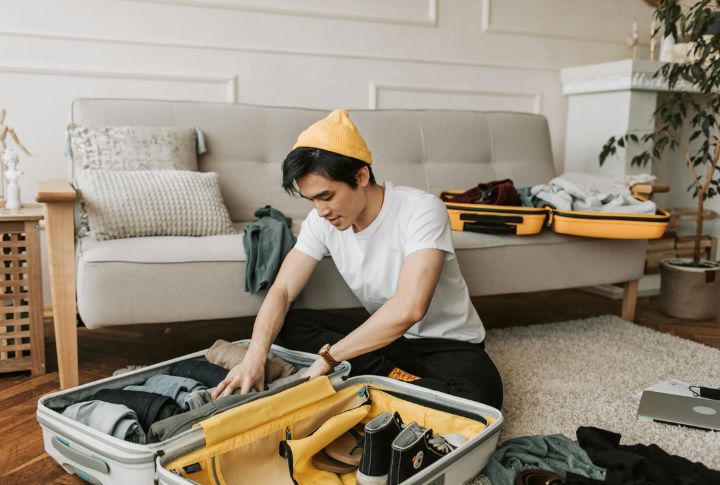
Winter means biting cold, with temperatures often dropping below -10 degrees Celsius. Layer smartly: thermals, gloves, and waterproof boots, as hotel interiors can be drafty. Wind tunnels can easily form between buildings. And cold isn’t a good reason to skip outings. So, do your preparation and dress for endurance.
Adjusting To Pyongyang Standard Time
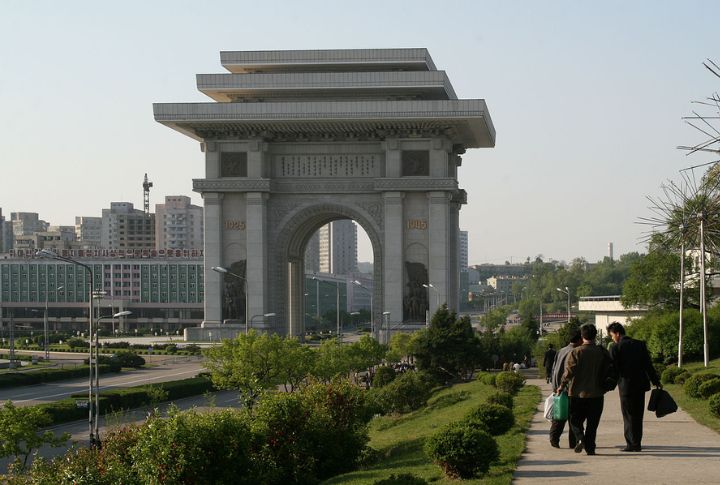
This half-hour offset (UTC+8:30) exists purely for national distinction. Your phone may revert to Beijing time, which will require manual correction. Tour timelines won’t wait for tech slip-ups. When you stay punctual and updated, it shows respect. Missing a scheduled event? It signals inconvenience to others and risks of offending the entire delegation.
Who To Contact In An Emergency
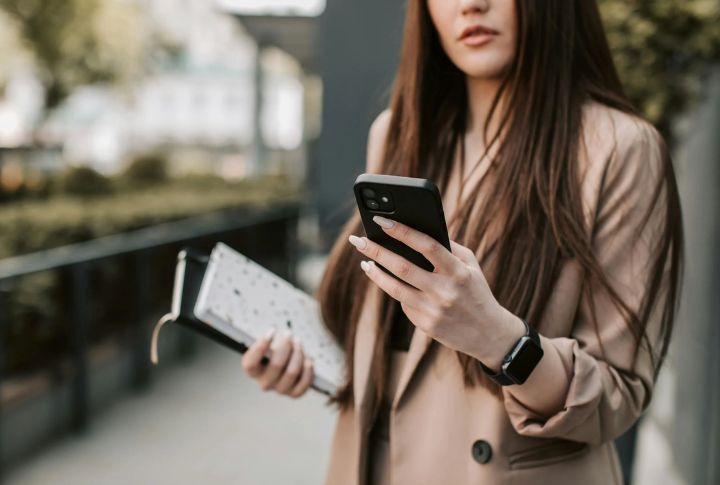
There’s no embassy to call in North Korea. Your chaperone becomes your emergency responder for everything. Just memorize your agency’s off-hours contacts and stay away from trouble. Clinics function but don’t expect fluency or speed. As for evacuation routes, they go through China. Here, prevention is everything. Stay healthy and aware of your limitations.
Avoiding Political Commentary
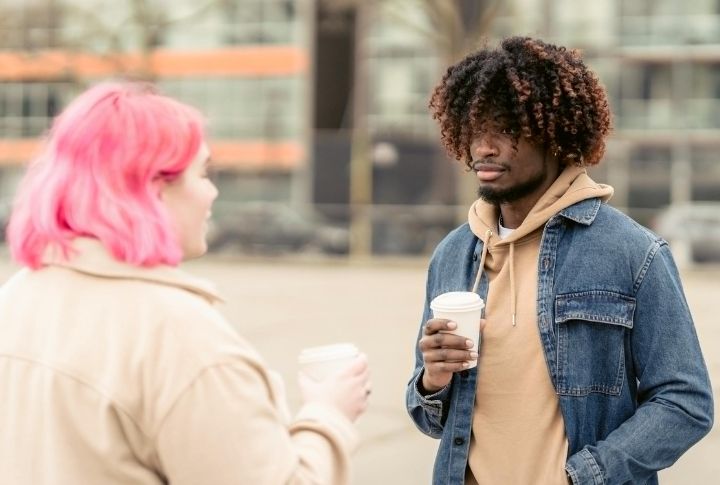
Caution here is wisdom sharpened by example. Every opinion has an audience in North Korea. Even tiny whispered critiques of leadership can trigger consequences. Your jokes won’t ever land safely, and most conversations may be monitored. You will need to avoid debates or what-if questions in any case. Listening earns trust faster than speaking.
Watching State Television In Hotels
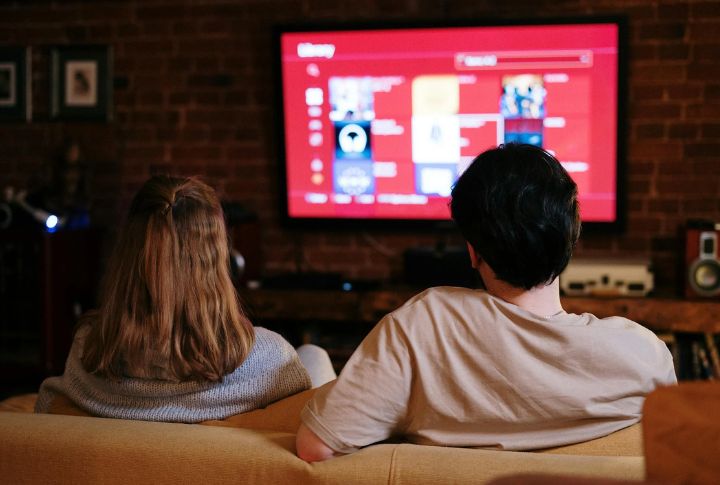
Channels offer only state-approved content, except stories on productivity, law, military power, and similar themes. Don’t mock any of it, even privately. It’s a huge risk. Television in North Korea is a reinforcement, not entertainment. How you react is noted, even if no one seems to be watching.
Following Public Conduct Protocols
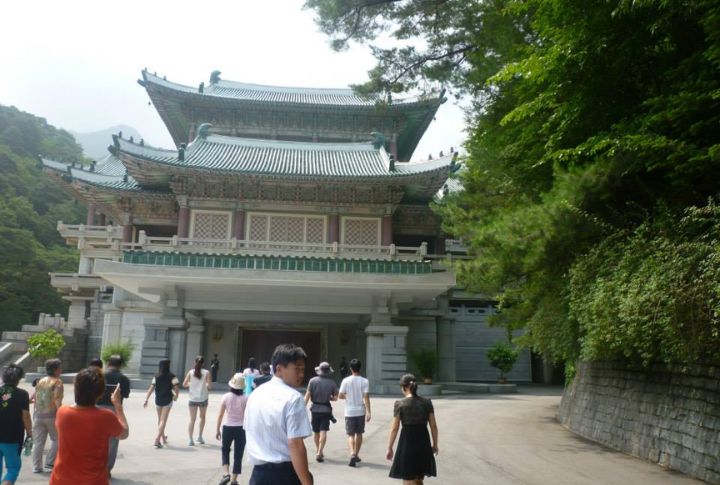
Eyes are everywhere in public. Dress modestly and never gesture loudly. Don’t loiter or separate from your chaperone. Being too unique quickly attracts attention. Even relaxed spots like parks are under quiet watch. In North Korea, conformity blends and keeps you safe. And to stand out is to attract attention.
Navigating Hotel Access Limits
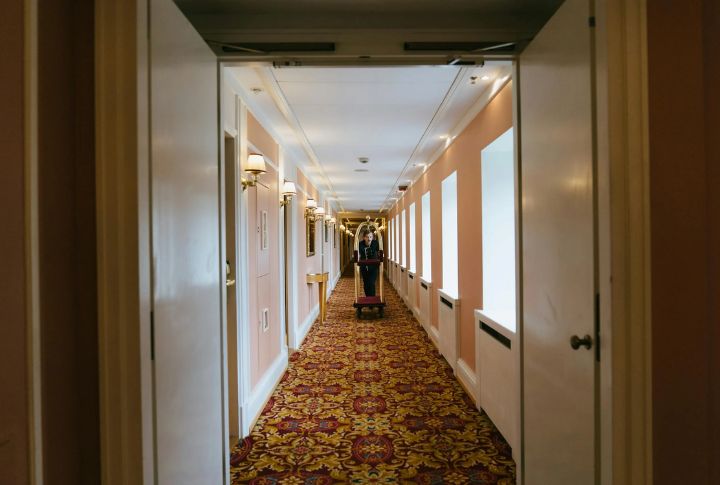
Hotels limit movement, where some elevators skip floors, or windows might not open. Rooms may even have locked corridors. Don’t explore service areas or knock on staff doors. These aren’t quirks; they’re restrictions. Following spatial boundaries is part of what keeps your presence uncontroversial.
Border Departure Inspections
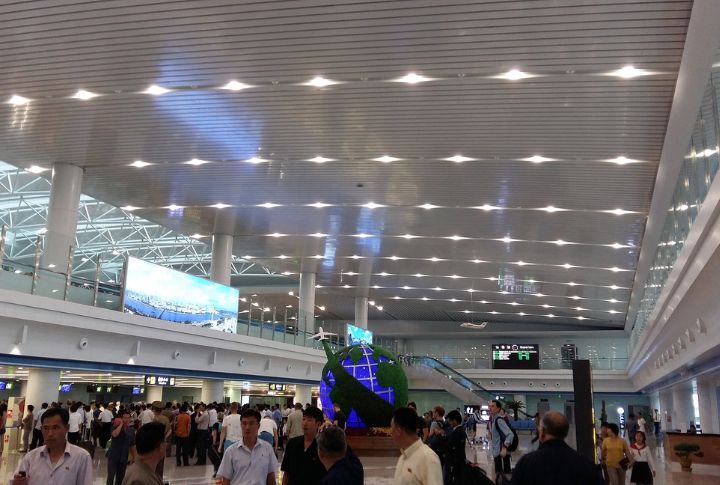
Departure is just like entry—thorough and serious. Officials check bags and may request device access. You need to keep your souvenirs and receipts together. Any deleted content can easily be recovered, so don’t test their limits. This final impression matters a lot. Smooth exits begin with clean records and steady composure.


